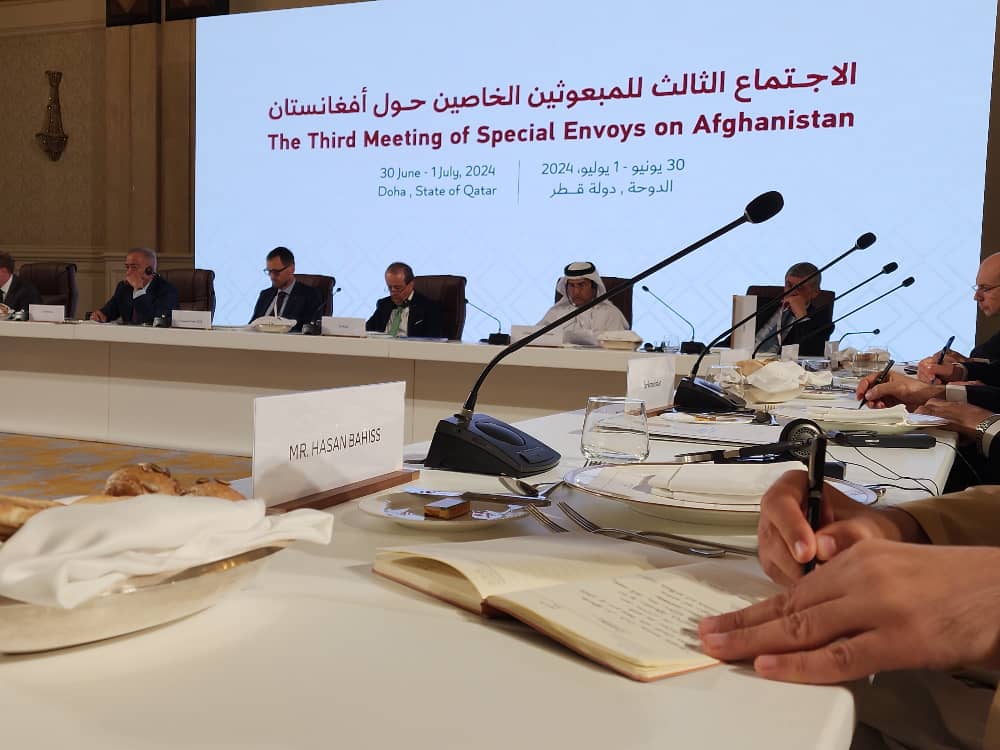At the third UN-convened Doha conference, the Islamic Emirate of Afghanistan (IEA) has said policy differences among states are natural but experienced diplomats should . . .
You need to subscribe to view the full article. Please login or register a new account.







GET IN TOUCH
NEWSLETTER
SUGGEST A STORY
PAJHWOK MOBILE APP